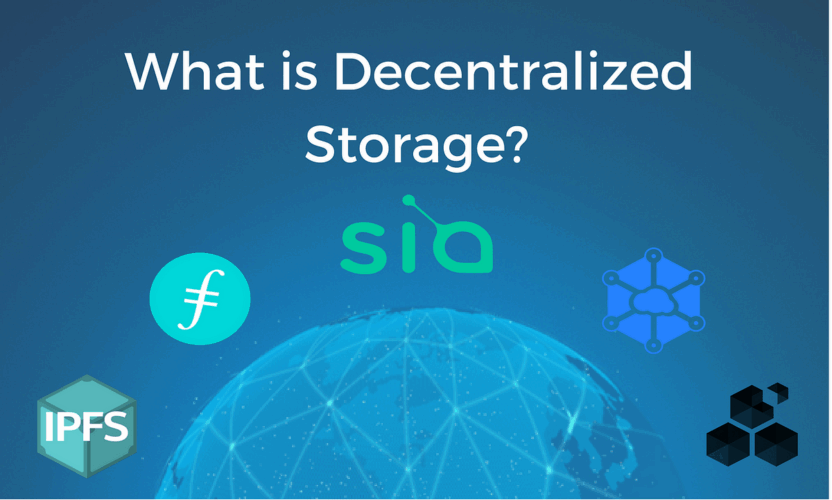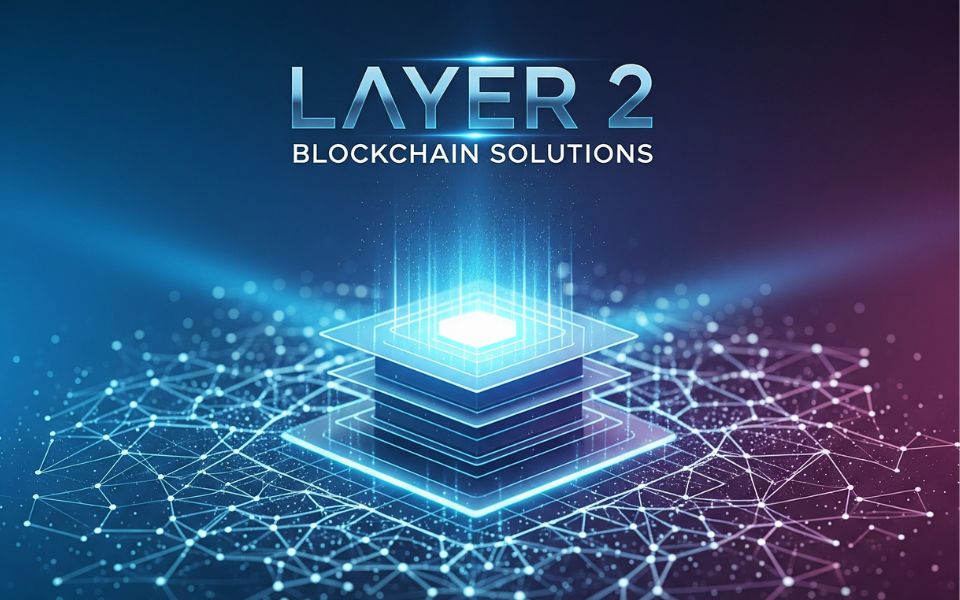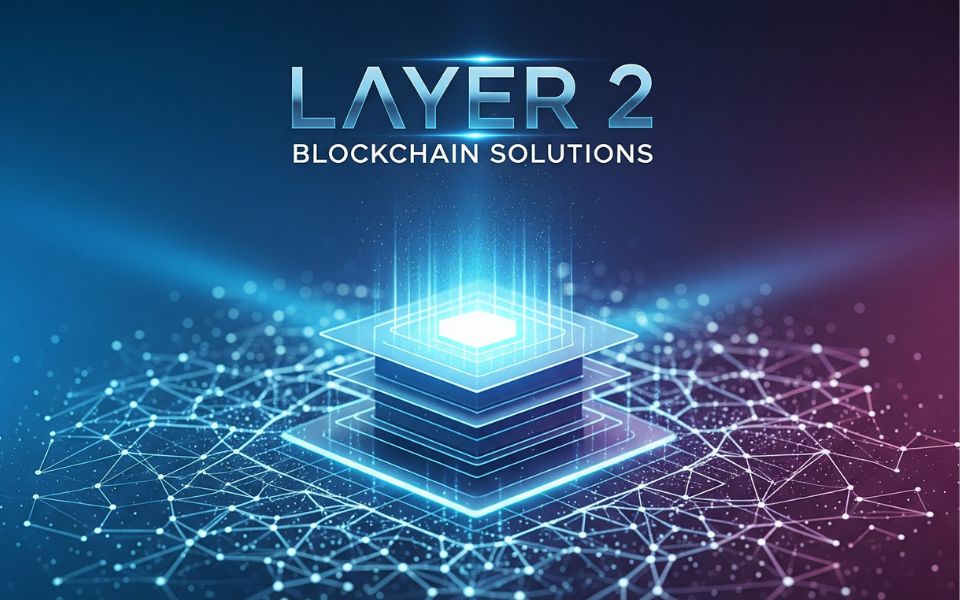
The decentralized internet is redefining how data is stored, shared, and controlled. Traditional cloud storage relies on centralized servers, creating risks around censorship, single points of failure, and data monopolies. Decentralized storage networks, led by technologies like IPFS and Filecoin, are challenging this paradigm by returning control and ownership of data to users while ensuring transparency, security, and resilience.
Understanding Decentralized Storage
Decentralized storage moves away from single-server dependency by distributing files across multiple nodes in a network. Each file is broken into encrypted pieces, replicated, and stored across diverse locations, making the system:
- Censorship-Resistant: No single authority can delete or block content.
- Secure: Encryption and distribution reduce the risk of hacking or data loss.
- Efficient: Content can be retrieved from the nearest or fastest node, improving access speed.
At its core, decentralized storage empowers users with ownership, privacy, and resilience in ways traditional storage cannot.
IPFS: The Foundation of Decentralized File Storage
The InterPlanetary File System (IPFS) is a peer-to-peer protocol designed to make the web faster, safer, and more open. Unlike traditional URLs, which point to a server location, IPFS addresses files by content hash, ensuring:
- Integrity: Files cannot be altered without changing their unique hash.
- Decentralization: Files are retrieved from multiple nodes rather than a central server.
- Versioning: IPFS supports immutable, versioned content, improving transparency and auditability.
IPFS is widely used for storing NFTs, media content, and Web3 application data, forming the backbone of a decentralized internet.
Filecoin: Incentivizing Decentralized Storage
While IPFS handles file distribution, Filecoin adds an incentive layer, rewarding users who provide storage space and retrieve data efficiently. Key features include:
- Storage Mining: Nodes earn FIL tokens for reliably storing and serving data.
- Retrieval Mining: Incentivizes quick and efficient data retrieval from the network.
- Market Dynamics: Users can choose storage providers based on price, reputation, and performance.
Filecoin transforms storage into a decentralized marketplace, creating a sustainable ecosystem where data ownership and access are community-driven.
Benefits of Decentralized Storage
Decentralized storage offers transformative advantages over traditional models:
- Data Ownership: Users retain control over their content without intermediaries.
- Security and Redundancy: Distributed storage reduces risk of breaches, server downtime, or data loss.
- Censorship Resistance: Content remains accessible even if some nodes go offline or authorities attempt removal.
- Integration with Web3: NFTs, dApps, and blockchain applications require persistent and verifiable storage, now achievable with decentralized solutions.
These benefits align perfectly with the ethos of Web3: transparency, user empowerment, and trustless infrastructure.
Real-World Applications
Decentralized storage is already enabling innovative use cases across industries:
- NFT Marketplaces: OpenSea and Rarible use IPFS to store metadata and assets, ensuring permanence and authenticity.
- Decentralized Applications: dApps leverage IPFS and Filecoin to manage user-generated content and critical application data.
- Content Hosting Platforms: Platforms like Peertube host videos without centralized servers, resisting censorship.
- Enterprise Data Solutions: Companies are exploring decentralized storage for sensitive documents, supply chain tracking, and compliance verification.
These examples highlight how data ownership and decentralization are becoming tangible realities.
Challenges and Considerations
Despite their advantages, decentralized storage networks face some hurdles:
- Adoption Barriers: Traditional systems are deeply entrenched, making migration challenging.
- Performance Variability: Retrieval speed may fluctuate depending on network size and node availability.
- Cost and Incentives: Ensuring competitive pricing and robust incentive mechanisms is critical for sustainability.
- User Experience: Managing storage, encryption keys, and file retrieval can be complex for non-technical users.
Ongoing development, better tooling, and education are addressing these challenges to facilitate wider adoption.
The Future of Data Ownership
The rise of decentralized storage signals a fundamental shift in how digital information is managed. Key trends shaping the future include:
- Integration with Blockchain: Storing NFTs, smart contract data, and application logic securely and persistently.
- Cross-Chain Storage Solutions: Ensuring data is accessible across multiple blockchain ecosystems.
- Privacy-Preserving Technologies: Combining encryption, zero-knowledge proofs, and decentralized storage for secure user data management.
- Mainstream Adoption: As Web3 grows, decentralized storage could become a standard for both enterprises and individuals seeking control over their digital assets.
Final Thoughts
Decentralized storage, powered by IPFS and Filecoin, is more than a technological innovation—it is a revolution in digital ownership and control. By distributing data, incentivizing participation, and integrating seamlessly with Web3, these solutions empower users to reclaim ownership of their digital lives.
In a world increasingly dominated by centralized platforms, decentralized storage offers security, resilience, and true data sovereignty, shaping the future of the internet as an open and user-controlled ecosystem.








